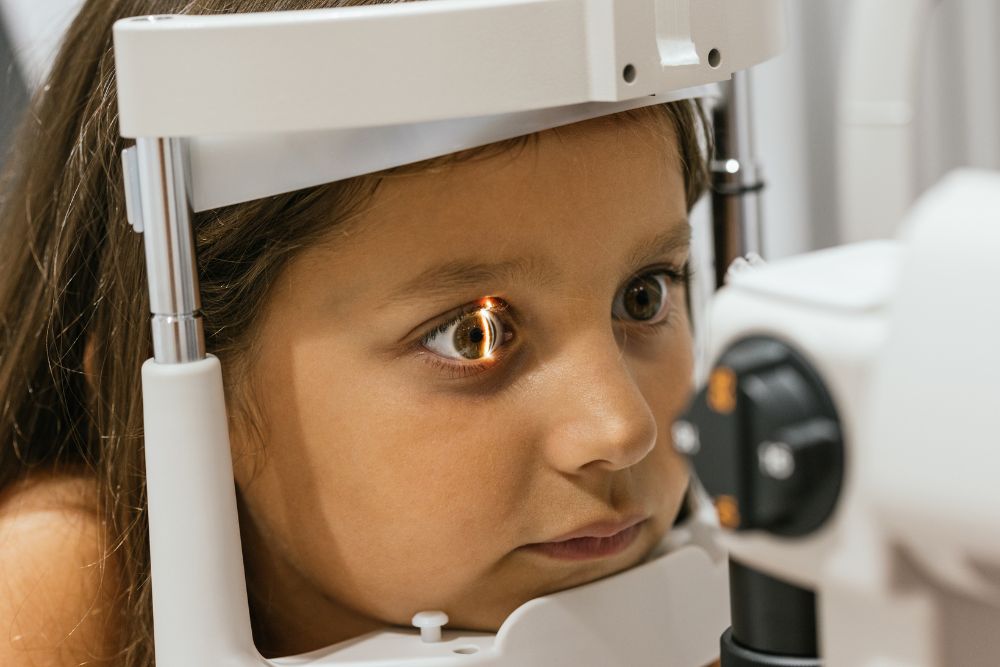Retinal Disease in Children: What Parents Should Know

Retinal Disease in Children: What Parents Should Know
While retinal conditions like age-related macular degeneration (AMD) and diabetic retinopathy are more commonly associated with older adults, retinal disease can also affect children. Though it's easy to assume that retinal issues are an age-related concern, certain conditions, such as retinitis pigmentosa and juvenile retinoschisis, can manifest during childhood. These are just a couple of examples. Early detection and treatment are key to managing these diseases and helping slow their progression.
Retinitis Pigmentosa
The retina, the layer inside the eye that detects light and converts it into signals for the brain, contains millions of photoreceptor cells called rods and cones. Rods and cones allow us to process light and see in fine detail. Retinitis pigmentosa is an inherited retinal condition where the rods and cones deteriorate, causing the eyes to lose functionality.
Retinitis pigmentosa generally manifests during childhood with symptoms such as:
- Poor night vision
- Reduced peripheral or central vision
- Not seeing objects and tripping over them
- Difficulty reading
- Difficulty discerning fine details in images
- Tunnel vision
Treatments for retinitis pigmentosa include nutritional supplements such as Vitamin A, which can potentially help slow disease progression, as well as low vision aids and rehabilitation services that allow patients to lead a fulfilling and active life.
Juvenile Retinoschisis
Juvenile retinoschisis is a rare retinal disorder caused by a genetic mutation carried on the X chromosome. In children with this condition, the proteins responsible for organizing retinal cellular structures don't function properly, resulting in the retina splitting into two layers.
The vast majority of children with juvenile retinoschisis are male. Vision problems begin in childhood, stabilize in adulthood, and reappear in middle age, causing rapidly declining vision. Symptoms include:
- Difficulty reading
- Excessive squinting
- Involuntary eye movement
- Crossed eyes
- Farsightedness
- Declined visual acuity
Juvenile retinoschisis is mainly managed through the use of low vision aids and vision rehabilitation.
Schedule an Appointment with a Retina Specialist
When it comes to retinal disease in children, the earlier the condition is detected, the sooner treatment to slow down disease progression can begin. If your child is exhibiting any symptoms related to their vision, it’s important to see a retina specialistas soon as possible. At Palmetto Retina Center, our retina specialists can effectively diagnose and treat retinal disease in children throughout South Carolina, including Columbia, Orangeburg, Sumter, Florence, and Aiken. Contact us today to schedule an appointment.
